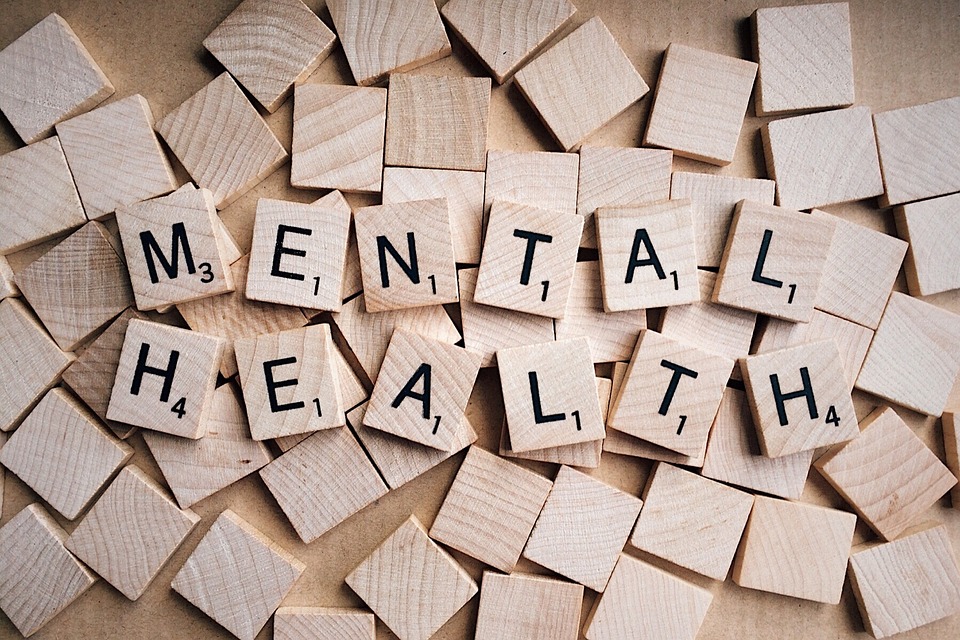In a world where mental health is increasingly recognized as a crucial aspect of overall well-being, tackling the stigma surrounding it remains a significant challenge. This article delves into the strategies and examples aimed at reducing stigma around mental health in Kenya, both in society at large and specifically within the workplace.
For Mental Health Coaching Services Contact Us at’;
- International Church of Christ Kenya, Bld., Umoja Phase II, Spine Road.
- coachowidi@gmail.com
- (+254) 724 994 066
How can we reduce stigma around mental health in Kenya?
Reducing stigma around mental health requires a multi-faceted approach that addresses misconceptions, promotes empathy, and fosters open dialogue. Here are some effective strategies:
Education and Awareness: Providing accurate information about mental health conditions helps debunk myths and misconceptions. Educational campaigns, workshops, and community initiatives can contribute to raising awareness and understanding.
Promotion of Empathy: Encouraging empathy towards those experiencing mental health challenges is crucial. This involves fostering a culture of compassion and understanding, where individuals feel safe and supported in seeking help without fear of judgment.
Challenging Stereotypes: Actively challenging stereotypes and discriminatory attitudes towards mental illness is essential. This can be done through media campaigns, advocacy efforts, and initiatives that highlight the diversity of experiences within the realm of mental health.
Normalizing Help-Seeking Behavior: Normalizing help-seeking behavior is vital in reducing stigma. By emphasizing that seeking support for mental health concerns is a sign of strength rather than weakness, individuals are more likely to reach out for assistance when needed.
Promoting Positive Language: Language plays a significant role in shaping perceptions of mental health. Encouraging the use of respectful and non-stigmatizing language when discussing mental health issues helps create a more supportive and inclusive environment.
How can we reduce the stigma around mental health in the workplace in Kenya?
Addressing mental health stigma in the workplace is crucial for creating an environment where employees feel valued, supported, and able to thrive. Here are some strategies for reducing stigma in the workplace:
Implementing Mental Health Policies: Establishing clear policies and procedures related to mental health can help signal to employees that their well-being is a priority. This includes providing resources for mental health support, such as Employee Assistance Programs (EAPs) and counseling services.
Training and Education: Providing training and educational workshops on mental health awareness and support equips employees and managers with the knowledge and skills needed to recognize signs of distress and offer appropriate assistance.
Fostering a Culture of Support: Cultivating a supportive work culture involves promoting open communication, destigmatizing conversations about mental health, and encouraging employees to seek help when needed. This can be facilitated through initiatives such as peer support networks and mental health allies programs.
Leading by Example: Leadership plays a crucial role in setting the tone for how mental health is addressed in the workplace. When leaders prioritize their own well-being and demonstrate empathy and understanding towards employees facing mental health challenges, it helps create a more supportive environment for everyone.
Providing Flexible Work Arrangements: Offering flexible work arrangements, such as remote work options or flexible hours, can help alleviate stress and accommodate employees managing mental health conditions. This demonstrates a commitment to employee well-being and fosters a more inclusive workplace culture.
What are three examples of mental health stigma in society today?
Despite progress in raising awareness about mental health, stigma persists in various forms within society. Here are three examples:
Media Portrayals: Media depictions often perpetuate stereotypes and stigmatizing representations of mental illness, portraying individuals with mental health conditions as dangerous, unpredictable, or incompetent. These portrayals contribute to fear and misunderstanding, reinforcing stigma rather than challenging it.
Language and Labeling: Stigmatizing language and labeling can have damaging effects on individuals with mental health conditions. Terms such as “crazy,” “psycho,” or “mental” used casually or derogatorily contribute to negative perceptions and discrimination against those experiencing mental illness.
Social Exclusion and Discrimination: People with mental health conditions in Kenya may face social exclusion and discrimination in various aspects of life, including employment, education, and healthcare. Discriminatory attitudes and practices prevent individuals from accessing opportunities and support, further exacerbating their struggles with mental health.
Addressing these examples of stigma requires collective efforts to challenge stereotypes, promote understanding, and create inclusive environments where everyone feels valued and supported, regardless of their mental health status. Through education, advocacy, and empathy, we can work towards a society where mental health stigma in Kenya is dismantled, and individuals feel empowered to seek the help and support they need.




